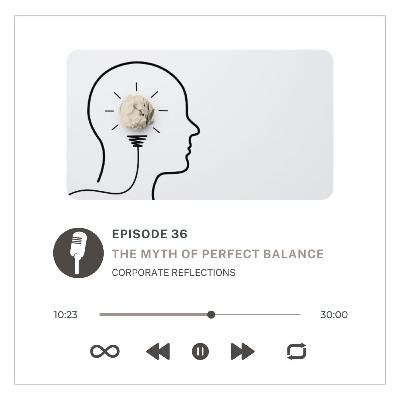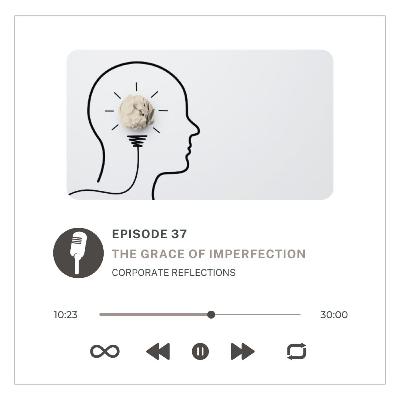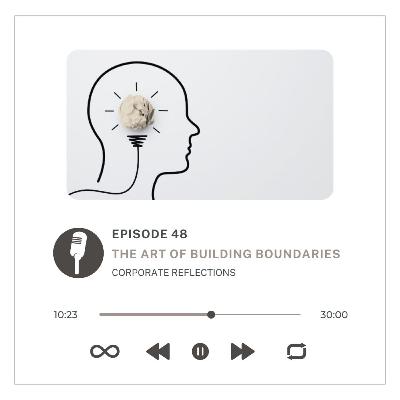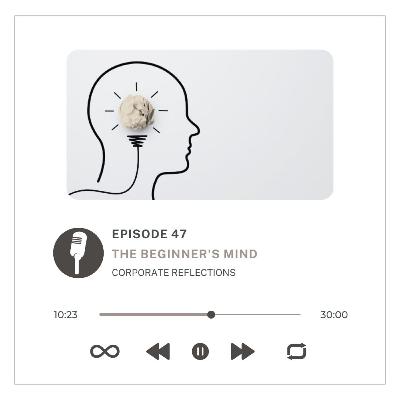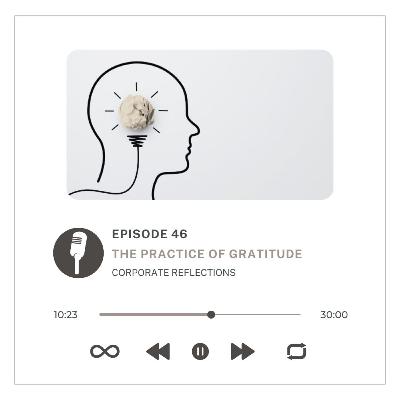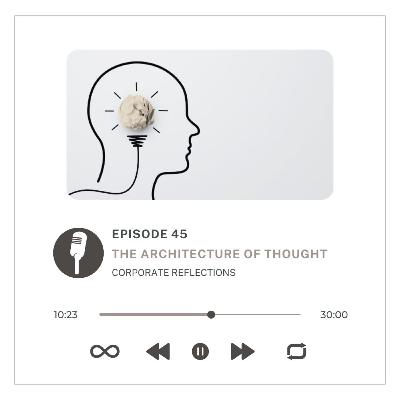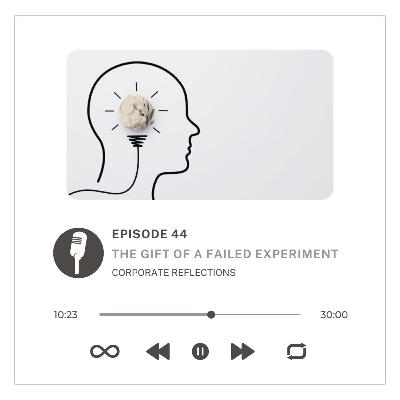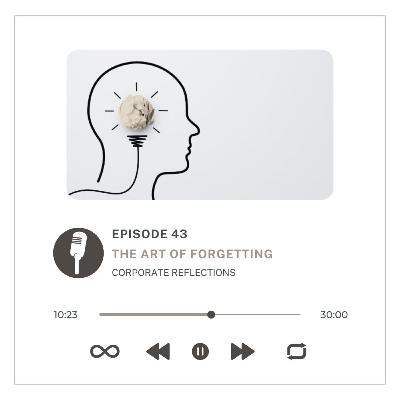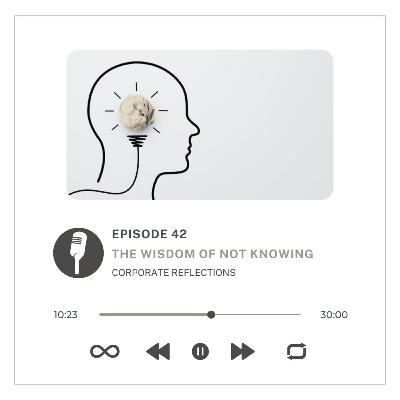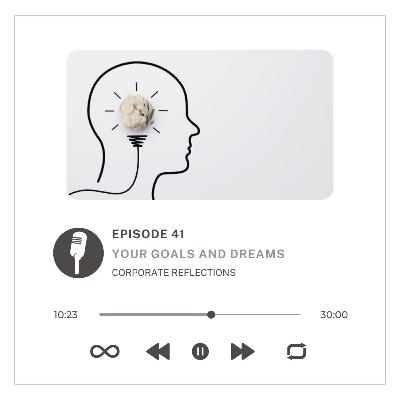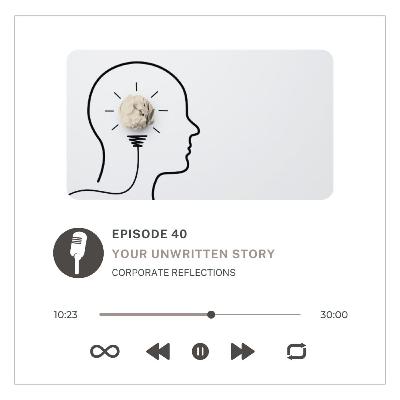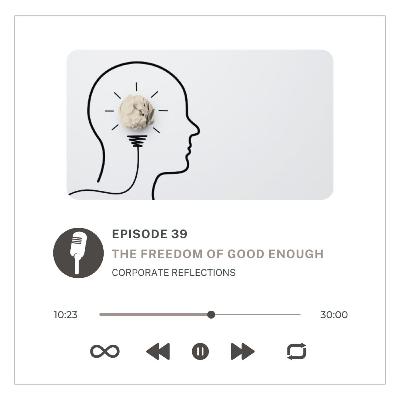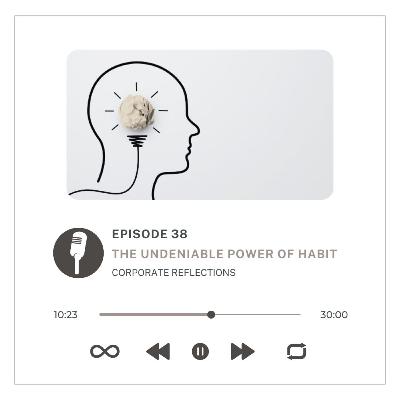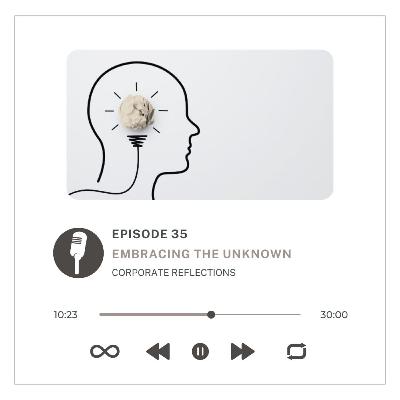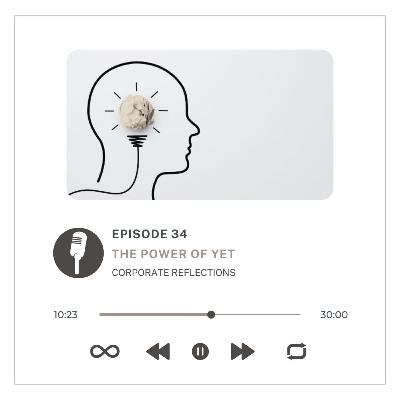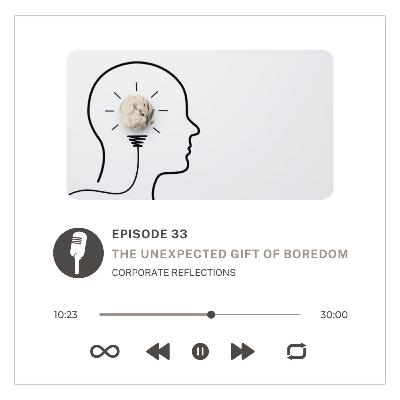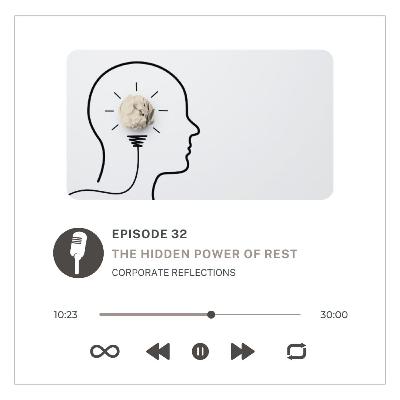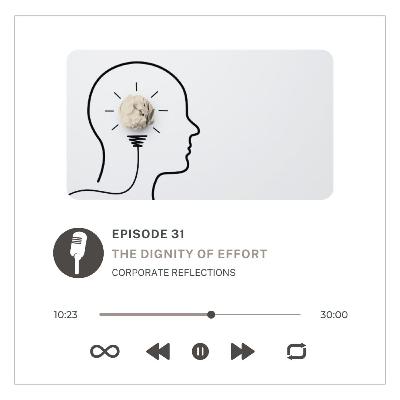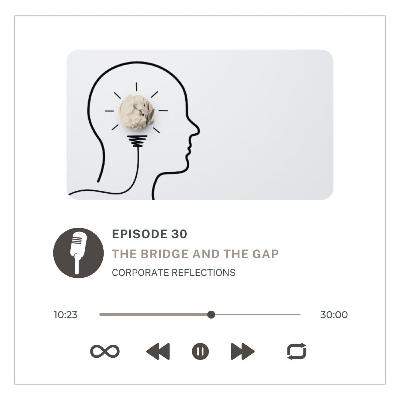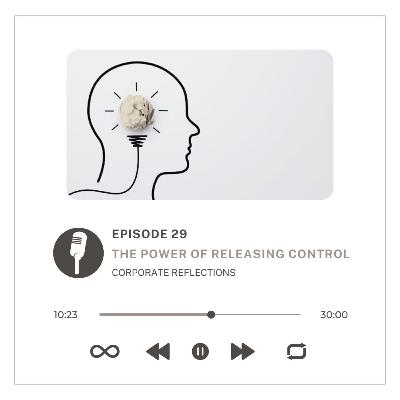Corporate Reflections : The Myth of Perfect Balance
Description
The reflection was inspired by the evolution of thinking surrounding the relationship between work and personal life. It synthesizes key concepts from several fields, particularly modern psychological theories and business leadership principles.
• Work-Life Integration vs. Balance : The central idea of moving from a rigid "balance" (a 50/50 split) to a more fluid "harmony" or "integration" is a concept discussed by many thought leaders. This shift acknowledges that separating work and life into distinct boxes is often unrealistic, especially with the rise of technology and remote work. The goal becomes creating a dynamic flow where different aspects of life can coexist and support each other, rather than competing for equal time.
• Mindfulness and Presence : The emphasis on being "present wherever you are" draws heavily from the principles of mindfulness. This concept, popularized by figures like Chade-Meng Tan from Google's "Search Inside Yourself" program, teaches that true well-being comes from non-judgmental, moment-to-moment awareness. Applying this to a work-life context means fully engaging in the task at hand, whether it's a work meeting or a family dinner, and letting go of the guilt of not being somewhere else.
• Self-Determination Theory : The reflection's focus on defining "what's important to you" and setting "non-negotiables" aligns with aspects of self-determination theory. This psychological framework, developed by Edward L. Deci and Richard M. Ryan, posits that people are motivated by fundamental psychological needs, including autonomy (the need to control one's life) and relatedness (the need to connect with others). By consciously defining priorities, individuals regain a sense of autonomy and ensure their activities align with their personal values, leading to greater well-being and reduced burnout.

